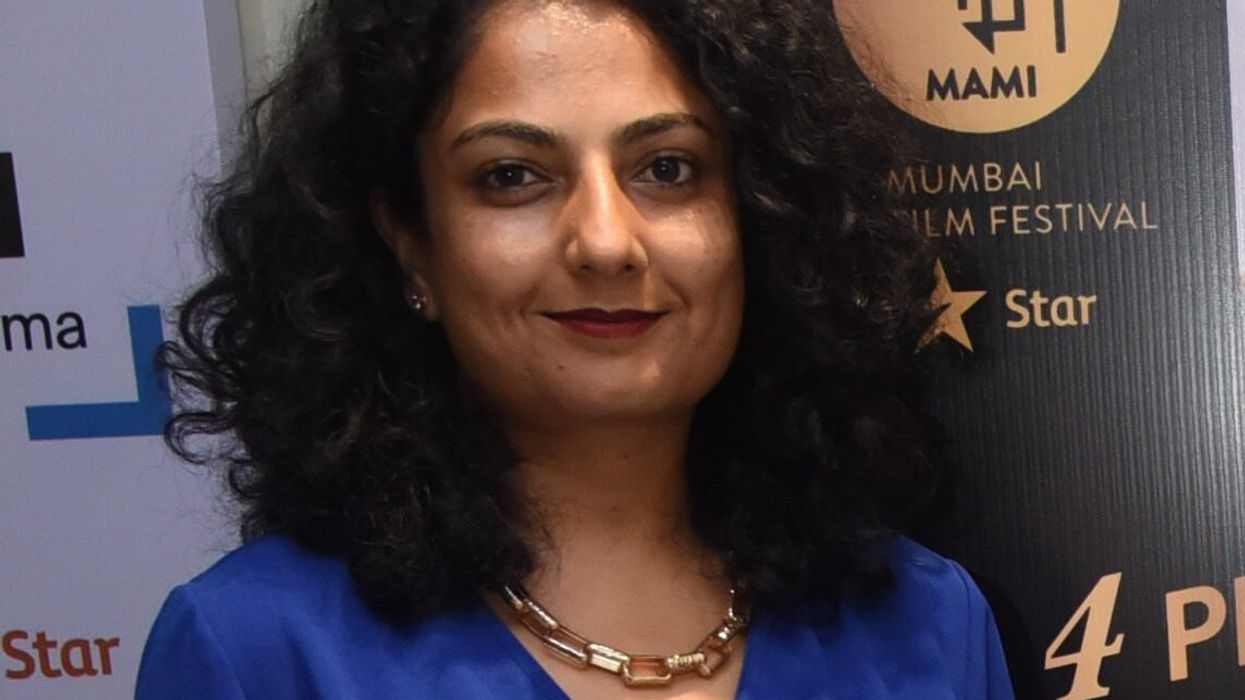A CONNECTION to creativity led Mansi Jain to pursue a Masters in Screenwriting from Columbia University in New York, eventually showcasing her talent on diverse projects.
Her writing credits include Amazon Prime series such as Dahaad and Made in Heaven Season 2, along with acclaimed short films Nawab, Chhuri, and Everything is Fine, which she also directed.
In line with her creative flair, Eastern Eye asked the Mumbai-based writer/director to select 10 screenplays she loves.
Before diving into her intriguing picks, she said: “Given that there are many exceptional screenplays from around the world, I set a few parameters for myself. I am focusing on scripts that don’t receive enough attention. Classics like The Godfather, The Shawshank Redemption, and The Apu Trilogy are obviously masterpieces. I’ve also included both films and shows because some of my favourite writing comes from television.
“In no particular order, here are my top 10.”
The Lost Weekend (1945): Although Sunset Boulevard is arguably Billy Wilder’s most wellknown film, The Lost Weekend is one of my favourites. It offers a sensitive and insightful portrayal of alcoholism without veering into melodrama. The fact that Wilder could write both tragedies like The Lost Weekend and laugh-out-loud comedies such as Some Like It Hot speaks to his brilliance.
Uunchai (2022): Last year, my go-to recommendation for anyone asking ‘kuchh achha naya bata’ was Uunchai. It’s a beautifully crafted film with rich characterisation, insightful storytelling, and memorable performances. I was thrilled to see it win the National Award for best director, and I hope that it continues to gain recognition.
CocoCoco (2017): Animated or not, Coco ranks in my top five films of all time. The story, characters, script, music, and cultural detailing are simply perfect. In general, I find animated films very disarming and successful in touching a place that’s very innocent, vulnerable and raw.
Jojo Rabbit (2019): Given the political climate and sensitive subject matter, Jojo Rabbit achieved something remarkable. Taika Waititi (writer/director) deserves immense credit for navigating such delicate terrain with humour and heart, without crossing any dangerous lines.
The Prestige (2006): It’s tough to pick from Christopher and Jonathan Nolan’s filmography, especially since science fiction is my favourite genre to watch and read. I chose The Prestige because it’s a rare blend of sci-fi and period drama. I admire how the Nolans tackle complex subjects and effortlessly turn them into captivating films with multiple layers.
The PrestigeThe West Wing (1999-2006): I am a sucker for idealistic narratives, and it almost doesn’t get better than The West Wing. While the show might seem too naïve and preachy today, it does that in a very hope-igniting way. Aaron Sorkin is easily one of my favourite writers. And when it comes to monologues, he, hands down, does it best. The Newsroom is a prime example. The lead character’s monologue from the pilot is beyond iconic. Another plus about both shows is that while they are very well cast, they are not heavily dependent on actors. The writing is very much the star of the show/s.
It Happened One Night (1934): I chose It Happened One Night not just for its brilliance but also to highlight how great screenplays can transcend cultures. Although the Indian film Dil Hai Ke Manta Nahin (1991) wasn’t an official remake, it shows how good stories, when adapted with care, can resonate anywhere.
It Happened One NightA Simple Life (2011): This Hong Kong drama is hard to find, but it’s worth the effort. A Simple Life is a tearjerker with a simple storyline – which makes it even harder to write. It relies purely on well-captured human experiences, with no bells and whistles to hide behind.
Arrival (2016): I love a good twist, and Arrival delivers that beautifully. The film’s understated performances complement the storytelling, making it all the more powerful.
It’s A Wonderful Life (1946): People need to stop sleeping on this gem. It’s A Wonderful Life is pure cinematic goodness that makes you believe in life and magic. That’s no small feat, which is why it remains a timeless classic and an essential holiday favourite.




